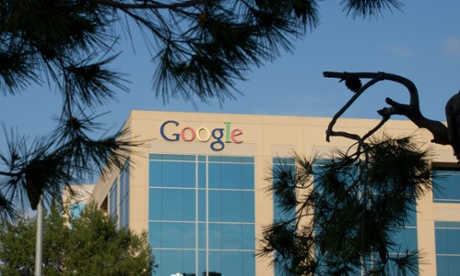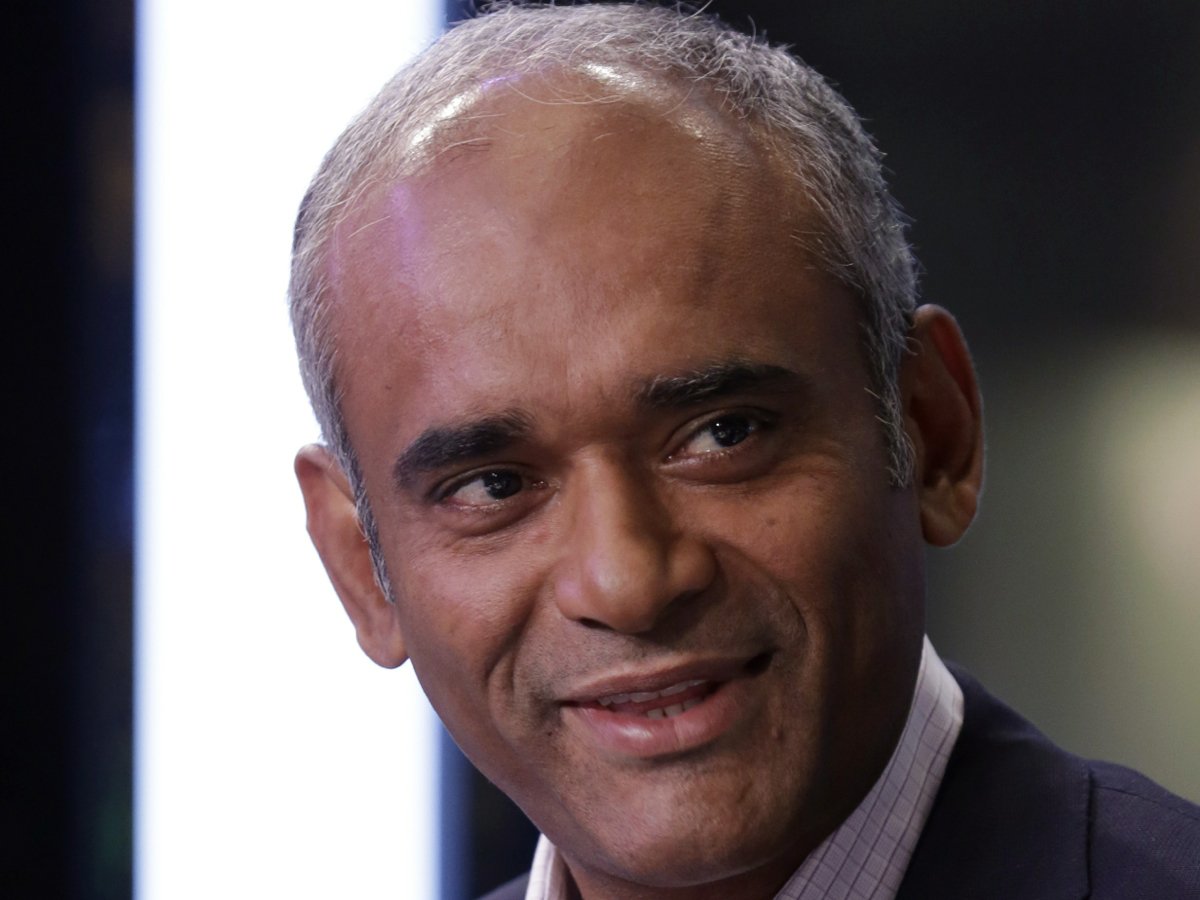There will be 4.1 billion internet users by the year 2020, the Cisco Visual Networking Index Complete Forecast for 2015 to 2020 has revealed. As aptantech reports, the forecast predicted that there would be 1 billion internet users who would join the global Internet community by 2020 and that global IP traffic would nearly triple at a compound annual growth rate of 22% over the next five years. The traffic growth will be impacted by the gloal digitization transformation which is based on the adoption of personal devices and the…
Read MoreTag: Internet
Android app Malware steals two-factor SMS codes, hijacks big Australian banks systems
Millions of customers of Australia’s largest banks are the target of a sophisticated Android attack which steals banking details and thwarts two-factor authentication security. Commonwealth Bank, Westpac, National Australia Bank and ANZ Bank customers are all at risk from the malware which hides on infected devices waiting until users open legitimate banking apps. The malware then superimposes a fake login screen over the top in order to capture usernames and passwords. The malware is designed to mimic 20 mobile banking apps from Australia, New Zealand and Turkey, as well as…
Read More2016: The Internet Forecast to Quadruple in Size in Next Four Years
Global mobile Internet data traffic is forecast to increase 18 times from 2011 to 2016, to 10.8 exabytes per month (or 130 exabytes annually). Recently, Cisco issued results of the annual Cisco® Visual Networking Index (VNI) Forecast (2011-2016), the company’s ongoing initiative to forecast and analyze Internet protocol (IP) networking growth and trends worldwide. The VNI Internet Forecast update covers 2011-2016, and quantitatively projects the significant amount of IP traffic expected to travel public and private networks, including Internet, managed IP, and mobile data traffic generated by consumers and business…
Read MoreGuarding your online brand against cybersquatters
If you had a business called Widgets R Us and somebody set up shop right next door with a business called Widgets R U, you’d probably be a bit miffed. Especially if the interloper then demanded money to move elsewhere. cybersquatters: But this sort of thing is happening all the time online. It’s called cybersquatting – buying up website addresses, or domain names, that sound very similar to existing well-known brand names. When Google recently launched its new parent company Alphabet, and the abc.xyz web address, there were more than…
Read MoreData Breaches: First half of 2015 saw venture firms invest $1.2 billion in cybersecurity startups
Data Breaches Boost Funding for Cybersecurity Startups Extract: In the 2015 first half, venture firms invested $1.2 billion in cybersecurity startups, according to researcher CB Insights. That is down slightly from $1.4 billion a year earlier but up sharply from $771 million in 2013’s first half. The shift is particularly notable at Andreessen Horowitz, which used to view security companies as necessary for Internet safety but less lucrative than other technology niches. One reason is that cybersecurity startups were often acquired prior to an initial public offering, says Scott Weiss,…
Read MoreWebsite not mobile friendly? Google is making major Algorithmic change to rank you lower
On Tuesday, April 21, Google is making a major update to its mobile search algorithm that will change the order in which websites are ranked when users search for something from their phone or tablet, making it mobile friendly. The algorithm will start favoring mobile-friendly websites (ones with large text, easy-to-click links, and that resize to fit whatever screen they’re viewed on) and ranking them higher in search. Websites that aren’t mobile-friendly will get demoted. About 60% of online traffic now comes from mobile and Google wants users to have a good…
Read MoreEuropean Regulators Publish Right To Be Forgotten Guidelines
Europe’s Article 29 Working Party, the body comprised of data protection representatives from individual Member States of the European Union, has now published guidelines on the implementation of the so-called right to be forgotten ruling, which was handed down by Europe’s top court back in May. The European Court of Justice Right To Be Forgotten ruling gives private individuals in Europe the right to request that search engines de-index specific URLs attached to search results for their name — if the information being associated with their name is inaccurate, outdated or irrelevant. The ruling…
Read MoreAmazon to Build Data Centres in ‘Every Large Country’ in Cloud Push
Amazon.com Inc plans to build data centers in every large country over time as part of a broader investment push that will eventually make the Internet retailer’s cloud computing arm the largest part of its business. In a roundtable with reporters on Wednesday, Amazon Web Services chief Andy Jassy did not provide a timetable for these investments in the AWS unit, which provides Internet-based computing and data management to corporate clients. Jassy added that the Internet retailer intends to continue investing in AWS, despite investors’ concerns it was spending too…
Read MoreFacebook unprecedented reveals search warrant of hundreds of accounts
Facebook revealed that since last summer it’s been fighting a court order that required it to disclose social-media information involving hundreds of people. “This unprecedented request is by far the largest we’ve ever received — by a magnitude of more than ten — and we have argued that it was unconstitutional from the start,” Chris Sonderby, Facebook’s deputy general counsel, wrote in a statement Thursday. The situation raises concerns over privacy in the digital age, when much of a person’s sensitive information is often available online and on mobile devices.…
Read MoreUnderstanding the Copyright’s Volition Requirement After Aereo
Jonathan’s post continues DisCo’s ongoing coverage of the Aereo case. Last week, Prof. Michael Carrier wrote a post for DisCo on the possible effect of Aereo on investment. Previously, DisCo writer Matt Schruers guest-posted on SCOTUSblog about how Aereo creates uncertainty for the cloud. One of the great attractions (or frustrations) of copyright law is that it is based on metaphysical distinctions. The most obvious of these is the idea/expression dichotomy. The Second Circuit in Computer Associates v. Altai observed that “drawing the line between idea and expression is a tricky business.”…
Read More









